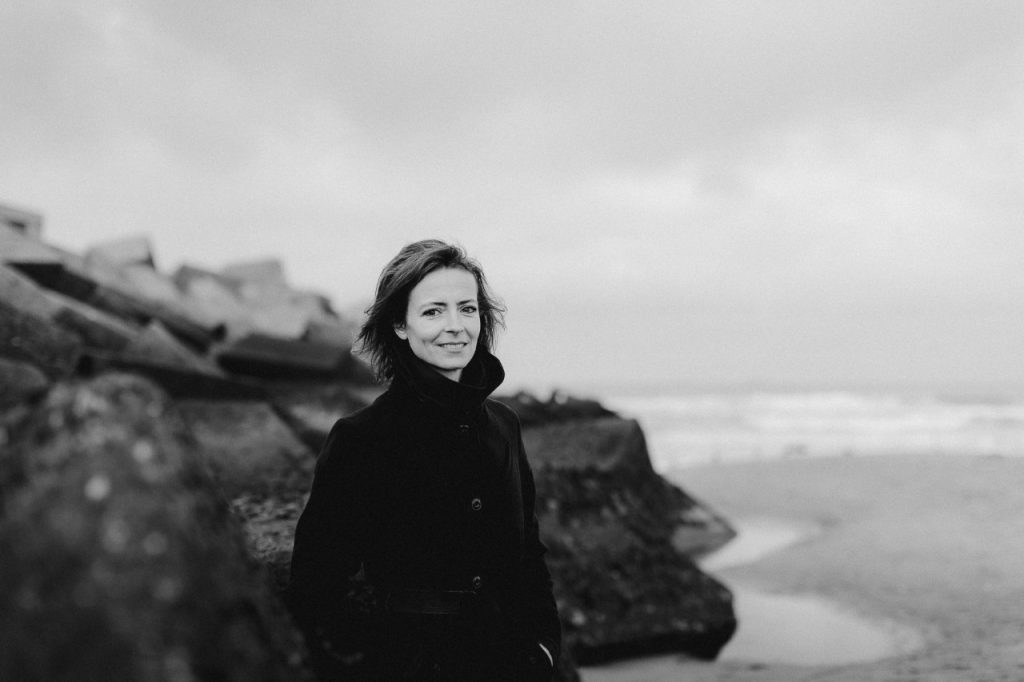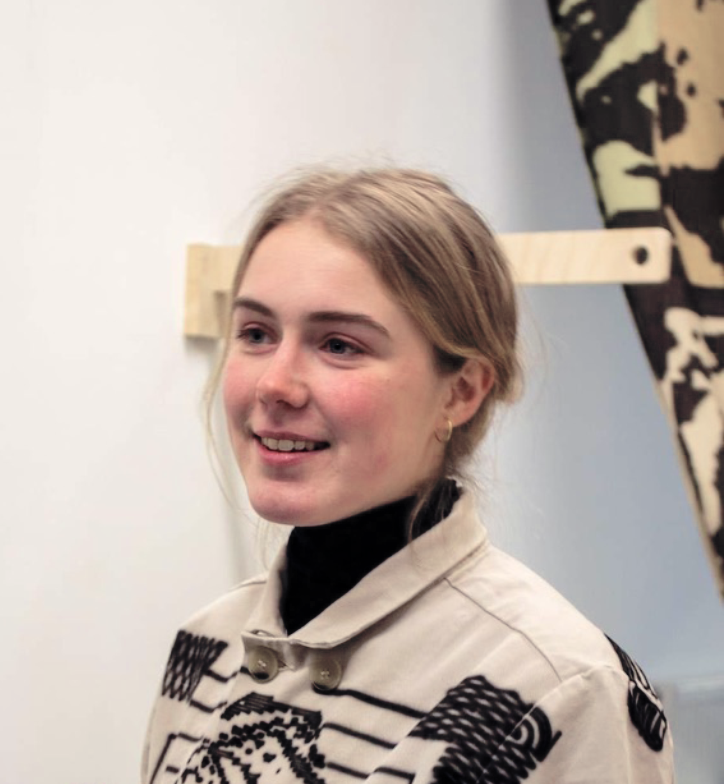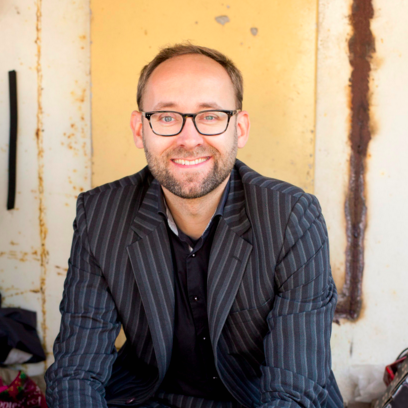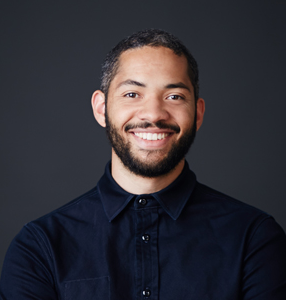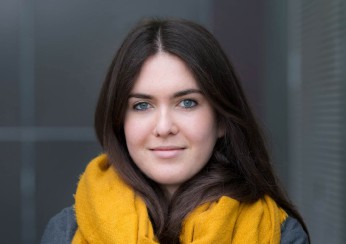YOU
student project Hochschule Darmstadt)
Personal data, especially the data we carelessly share on social networks, is sensitive data with a high potential for misuse. Combined, this data can provide a very accurate profile of a person. The users are not aware of the mass of shared data, who has access to it, and what it could be misused for.
The Ambient Intelligent Space You confronts the users of social networks with their data and tries to remind the user to be more responsible with his data.
Video
AIIOT- Intelligent Spaces for the many people
student project Hochschule Darmstadt)
“A framework for smart environments with freedom and privacy in mind.
Aiiot enables users to train their own intelligent environment.
It consists of smart sensors and can be extended with personal, self-made
and existing IoT devices. Using an easy to understand node-interface,
different flows and actions can be created — turning spaces and homes into sophisticated smart environments in just minutes.”
Project website
INFO
IoT case
INFO mesh IoT network in practice, realised for emergency lighting of EvaQ.
Case description
Mission Control Lab Launch Pads and Space Materials
IoT case
“Tech Experience Outfitter and Inventures.
From LED to IoT Mission Control Lab’s innovative system of Launch Pads and Space Materials create flexible, embedded tech on almost anything, anywhere with your favourite hardware.”
Website
IDE [open] innovator – Smart Objects
Student projects Haagse Hogeschool
Students of IDE [open] innovator at The Hague University of Applied Sciences present their projects for the Smart Objects semester. For Springlab 3 interactive concepts for outdoor learning were developed and for Kidiyo 3 concepts to stimulate ‘hybrid play’ in families.
Digital Society School
Student project Digital Society School (HvA)
Digital Society School presents insights from our behaviour tracking project ‘Intention mirror’.
Website
Shybo and Shybo V.2
Project case
Shybo is a low-anthropomorphic robot for playful learning activities with children. It was developed as part of a joint research between Politecnico di Torino (Italy) and X-Studio, Tsinghua University (China). The first part of the project, developed in Beijing (CN), consisted of an investigation of the socio-cultural implications of designing for child-robot play in China, and resulted in the development of Shybo and a playful learning experience for primary school. Drawing on the first experience, Shybo was further developed and used to engage primary school children into a second experimental application in Turin (IT), carried out in collaboration with Annalisa Gallo, didactic manager of 10100Percorsi (IT), and Lorenzo Romagnoli, interaction designer and creative technologist.
Website
Accessoires of the Paranoid
Project case
When considering data as the oil of the 21st century, each of us is sitting on a small ground treasure—a resource that is being discretely mined by the most valuable companies in the world. As users of modern services and products, we have long become habituated to trade-offs in which “free” services are offered in exchange for some bits of our personal data. The IoT has introduced a new kind of object into our homes whose functioning greatly depends on collecting such information: Products that are able to observe the users, have the ability to learn from their observations and then make their own decisions without further human interference. With the comfort of automation also comes a subtle danger in our connected devices which process personal information about their users every day. If attempts to restrict the flow of our personal data would consequentially restrict our access to said services and products as well… do we have no other option but to obey and share?
The “Accessories for the Paranoid” explore an alternative approach to data security. As our physical environment reads, collects and stores an increasing amount of user information, this series of parasitic objects are designed to produce fake data. Through blurring our digital profiles, our true data identities get to hide behind a veil of fictive information.
Website
See My Wrist
IoT research project
Wrist instability is a long-term condition with a high level of adherence challenges for patients. In this project, a 10 month research investigation in collaboration with the orthopaedic surgeon Dr. Gerald Kraan and the digital behavior change agency DIO, gameful methods of wrist instability exercises were explored and tested with patients. The design is a set of wrist-worn sensors which, combined with online feedback, enable patients to both keep count of their exercise repetitions and know whether they are doing the exercises right, addressing two key challenges that emerged out of research with wrist instability patients.
Candle smart home
IoT case
Candle is a privacy focused smart home demonstrator. Our prototypes prove it’s technically possible to build a privacy respecting smart home while maintaining convenience.
Candle is being developed by a collective of designers, artists and privacy experts from Amsterdam. While the main goal is raising awareness, we’re also interested in working with partners to bring these innovations to market.
The project is funded by the Dutch Fund for the Creative Industries, and has received EU funding through the Sherpa research program for ethical AI.
Website
Dead and Resurrected IoT Darlings
What happens when the digital service that powers your favourite smart product/watch/printer/rabbit stops working? You are often left with a beautiful but lifeless physical counterpart. But in special cases communities form that bring your smart darling back to life.
We display some fine examples of dead and resurrected IoT darlings.
Virt-EU Ethical Stack
IoT design tool
The VIRT-EU project has produced tools for ethical reflection and self-assessment for designers and developers of connected products and services (IoT). In this presentation we will showcase two interactive tools produced by the project.
More info
npk design
npk design is a strong partner in the design and realisation of extremely diverse products and product-service combinations for the brand and market of its clients.
npk design shows one of their projects where IoT becomes part of the functionality of the product.
Integrated Smart Systems @ CMD Avans
Impression of our student project aimed at the design of IoT and valuable smart objects
Doplor
Student project TU Delft
Doplor is a device visualizing the sound quality in the ICU. It translates the sound data into beautiful art, showing the amount of noise from different categories (speech, incidental sounds and medical alarms). The aims are to give nurses feedback on the sound quality, increase their awareness about the noise around them, and trigger them to take actions accordingly.
Website
Design for fairness in AI
Student project TU Delft
During her graduation project, Dasha experienced the importance of diverse design approaches in an environment which is greatly technology driven. She noticed how valuable the collaboration between designers and AI professionals is, and experienced how she could contribute in the collaboration of making AI development processes more ethical.
Article
